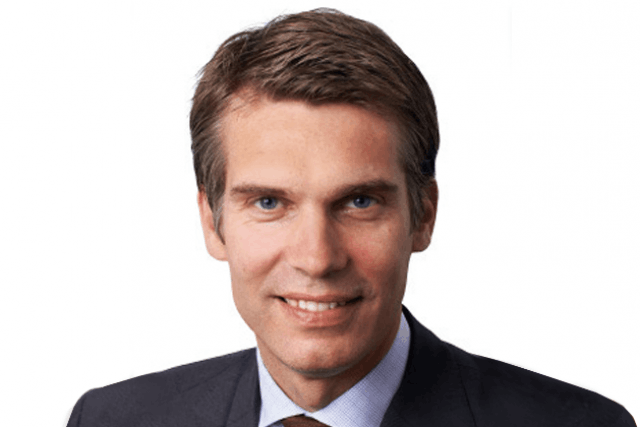When thinking about the world as an investor it is therefore crucially important to understand what a complex place it is that we operate in. A place where the influence of politics might have become bigger in recent years, but also an environment where the observed reality is always a consequence of multiple and intertwined forces. Only taking into account the breath and dynamism underlying the financial ecology around us are we able to better understand where we are or where we might be heading.
Therefore, the belief that financial markets are a complex adaptive system stands at the core of our investment philosophy. Such systems are evolving in a strongly path-depended way that results from continuous and mutual interaction between the different components they consist of, in this case (groups of) people, companies, the government and other institutions. Although a certain degree of stability emerges regularly within such a system, it is impossible to know in advance or calculate how the path towards such a more stable state evolves. Or for that matter, how long it will last to get there, how fast it will go or how large and quick a new departure from such a stable state will be.
Shortly put, the system is not stationary. Both the real economy and financial markets do not "fit" into the assumption that they behave completely randomly over time (with the past not influencing the future) or that historical observations of these systems match a normal distribution.
On top of that the efficiency of the markets is further undermined by two important elements.
First, there is ample psychological evidence that people have, at best, bounded rationality at their disposal when taking decisions. Irrationality and inconsistency in decision making is probably embedded in the way the human brain operates and can be mitigated at best, but not fully eliminated.
Secondly, the theoretical assumptions in economic theory that needs to be present to create an efficient functioning of markets, even if participants are fully rational, are often not present in reality. Homogeneity of participants, full transparency and equal distribution of all relevant information and low hurdles to entry can easily be absent and thereby undermine the fully competitive nature of markets.
All this means that investment professionals are forced to confront decisions related to complex systems, which are by their very nature nonlinear and not always efficient. We believe that markets are prone to be erratic, inefficient or even emotional. This does not make it easy to either understand or outperform them, but it does create the opportunity to do so.
By being highly rigorous and consistent in your decision making. By mapping not only the state and direction of change of the underlying fundamentals, but also those of behavioural drivers that influence the mood of Mr Market. By always learning, adapting and looking for innovation. And by augmenting human expertise with sophisticated technology and data. Combining all these skills allows us to be better prepared for the unexpected and get a better insight than the average market participant in the most probable future path of the market. In the end that is what active management is about, accepting that you can never fully understand the system or not always be right, but still aim to be robust through volatile times and making sure to be more right that wrong in a risk aware manner. Our results suggest we are on the right track.




